At the very beginning of the film, Jared Vennett (Ryan Gosling), in narration, puts it to the audience that they still probably don’t understand exactly what happened during the Global Financial Crisis (GFC) of 2007-08, or what caused it. To a large extent, he’s right. Especially here in Australia, where we were mostly shielded from some of the worst effects of it, the majority of people likely have little grasp of the corruption and immorality that went on in some of the world’s largest financial institutions during the early-to-mid-2000s that caused it to happen, this reviewer included. The Big Short aims to correct that.
The Big Short follows three different, parallel stories about groups of people who were able to see the impending financial collapse, and ultimately profited from it by betting against the US housing market (or ‘shorting’ it, hence the title), correctly predicting that it would fail due to its farcical reliance on high-risk sub-prime mortgages. You’d be forgiven for thinking that sounds boring, and, on paper, it is, which is probably part of the reason why many never bothered to really try and understand the GFC. The genius of the film is the fact that they have been able to take this relatively dull premise and turn it into utterly compelling cinema.
Director Adam McKay is far from the person you’d picture working on this kind of film. With a resume including Anchorman, Talladega Nights and Step Brothers, McKay is one of the last people you’d think to entrust with a damning piece on the failure of the American financial system. However, it turns out that McKay’s irreverence is exactly what a film like this needed to engage an audience that is far removed from the world that The Big Short explores.
The Big Short could easily get bogged down in jargon or the technicalities of the financial industry, and drag viewers down with it. Instead, McKay employs a series of outside-the-box tricks to ensure its intricacies don’t merely go over the viewer’s head. Not sure what a sub-prime mortgage is? Here’s a cutaway to Margot Robbie in a bubble bath to explain it for you. Questioning whether some of this happened in real life? Here’s a break of the fourth wall to explain the reality of the scene.
And that’s part of what makes it work so well. Where many other directors would’ve adapted the book this is taken from with a deathly seriously tone, McKay’s refusal to put the industry on a pedestal, and desire to simplify it and expose the darker sides of humanity behind the financial world by often treating it with ridicule is exactly what’s required. This approach further plays into the greed and stupidity that the plot illustrates so explicitly.
The characters that exploit this greed and stupidity are played almost to perfection. The absolute standout in this film is Steve Carell, who plays hedge fund manager Mark Baum. Angry and disillusioned with the world he finds himself caught up in, it is primarily through Carell’s character that the audience is shown the true depths that the financial industry went to during this period. The moment when he realises the extent of the apathy of the banks about their actions, his sadness, fury, and loss of hope in humanity is palpable, even as the character keeps himself contained and relatively civil. Carell continues to demonstrate just how broad his dramatic talents are, following up from 2014’s critically-acclaimed Foxcatcher, and shows that the man behind such modern comedy icons as Brick Tamland and Michael Scott might just have a lot more to him than many appreciated.
That’s not to detract from the rest of the cast, with Christian Bale in particular shining. Playing the socially inept Michael Burry, the first to predict the collapse, Bale is able to do so much with so little, most notably in a scene where he turns a drum practice into a primal venting of his frustration with a fraudulent system.
Arguably the only issue with the film is a soundtrack that occasionally misses the mark, and might have benefited from making a solid choice of either sticking to a genre or sticking to the time period. There’s a Guns N’ Roses track that feels particularly out of place, and might be the only time in the entire film that you’re pulled from what’s in front of you, but Nicholas Britell’s score is good enough that it largely covers any issues that might exist.
Adding to this, the film looks amazing, with some great cinematographic work from veteran Barry Ackroyd (The Hurt Locker, Captain Phillips). Note in particular the change in colour schemes from location-to-location. Where Wall St is very drab and deliberately muted, when they go to Las Vegas and Florida, everything seems more alive and bright, really highlighting the difference of the world that the bankers are in to the rest of the country.
The real mark of this film though ends up being how humanising it is, and its take-home message of the importance thereof. For all its irreverence and humour, the film serves to be an at times brutal reminder of the real-life implications for average, working people of the GFC. It also shows how many of those responsible at the time weren’t some mysterious, evil force out to hurt people, but acting in self-interest, blinded by their own good fortune to see or appreciate the wider repercussions of their actions. The film sums itself up perfectly with an on-screen quote partway through, attributed to an anonymous person at a Washington D.C. bar:
“Truth is like poetry. And most people fucking hate poetry.”
Review by James Lamb



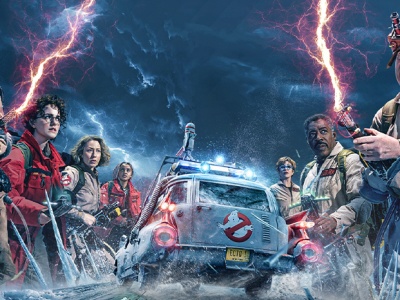
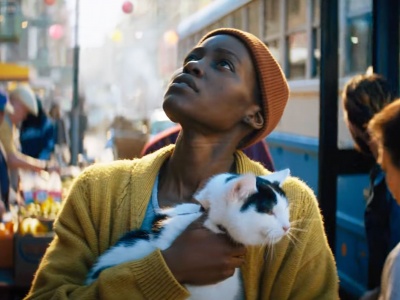

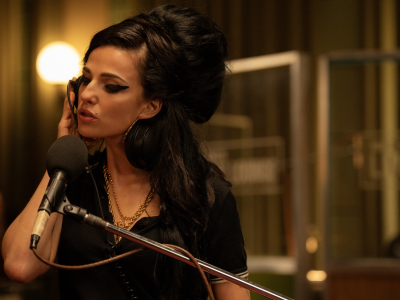
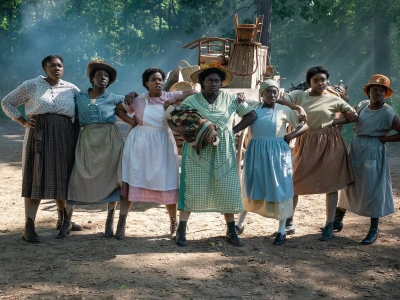
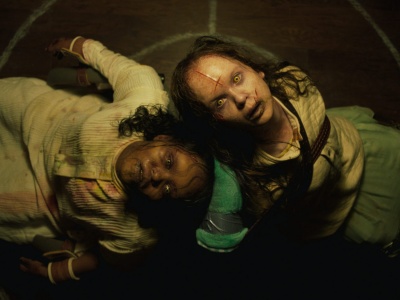
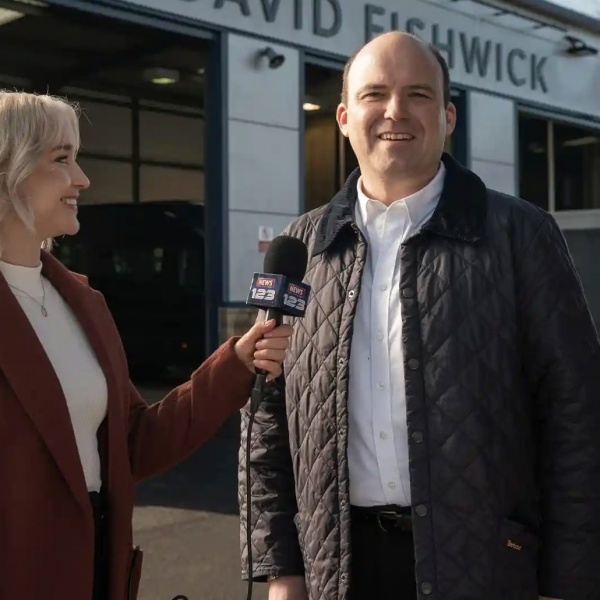
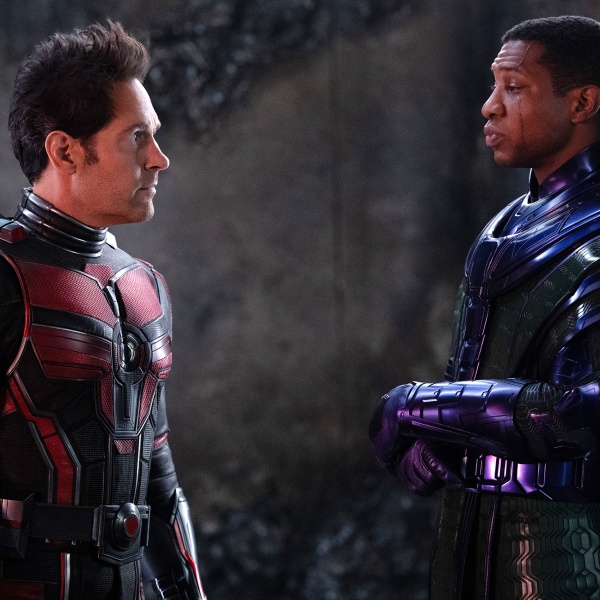
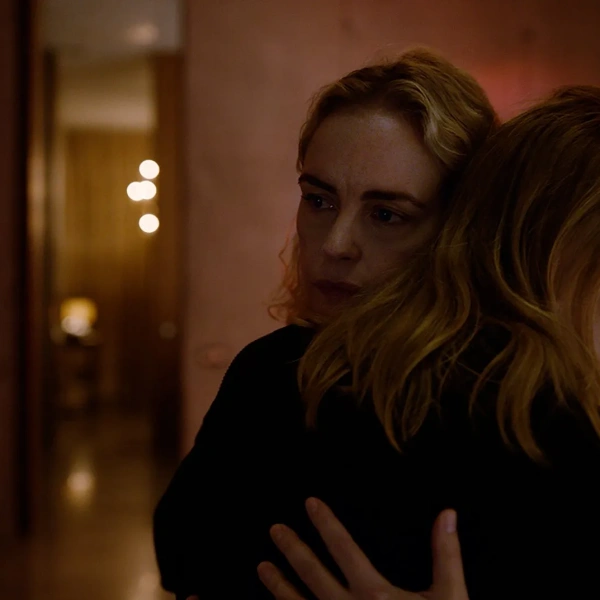
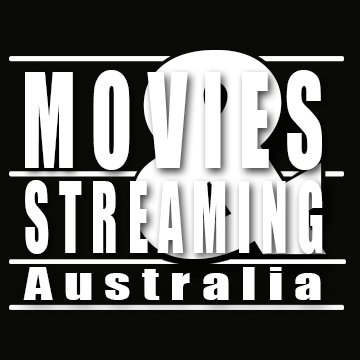
[…] The Big Short Review for Novastream (14/1/16) […]
0